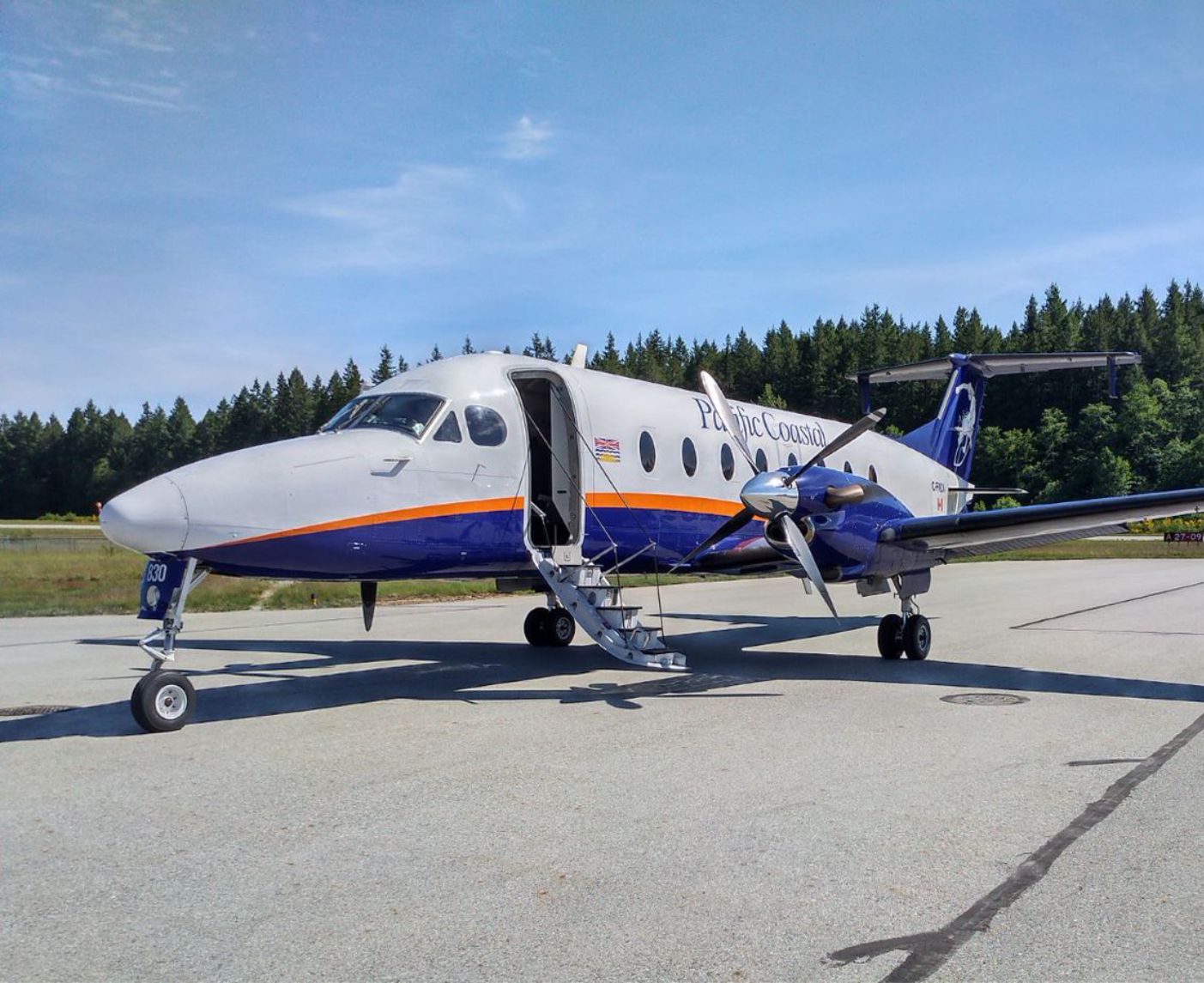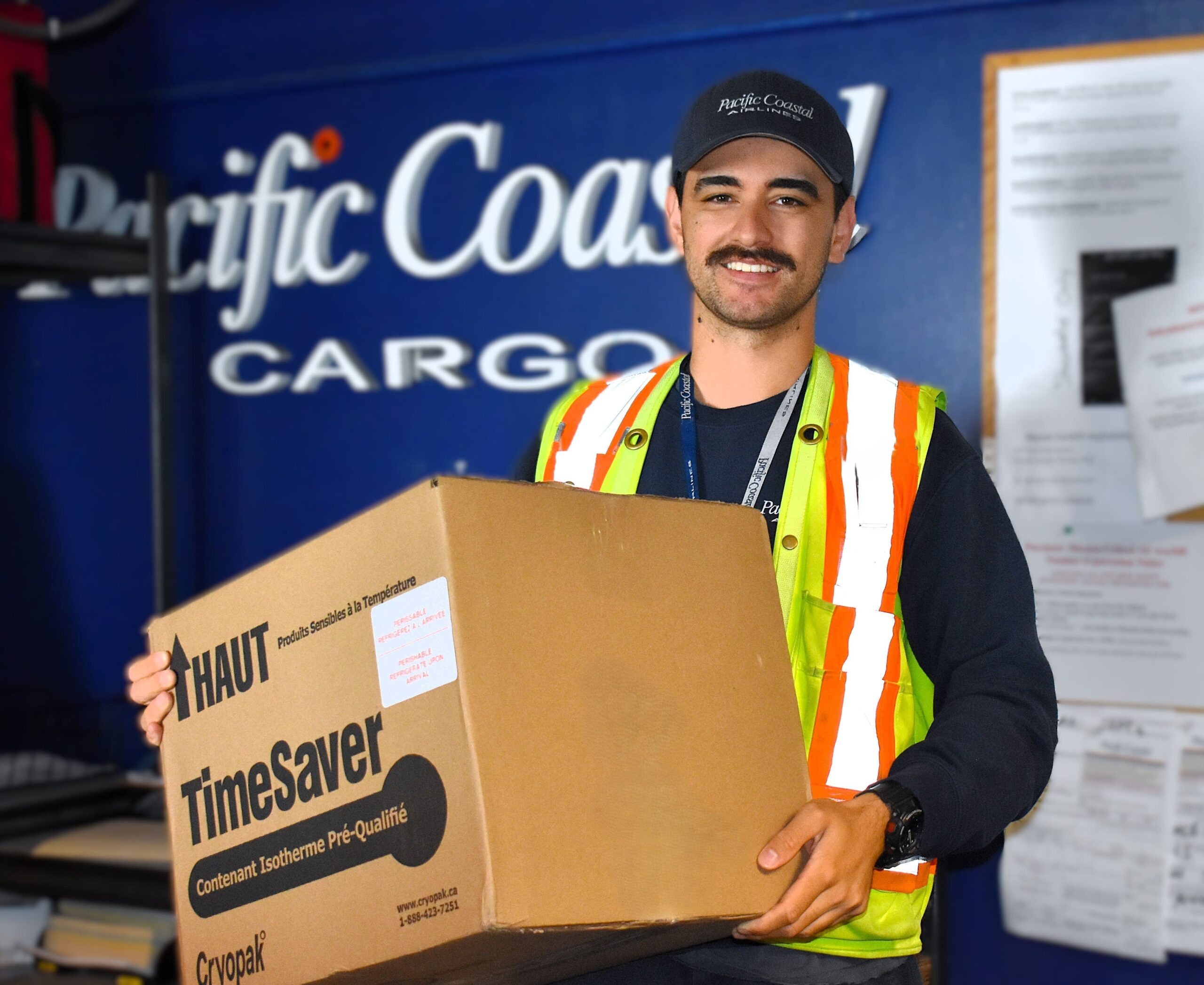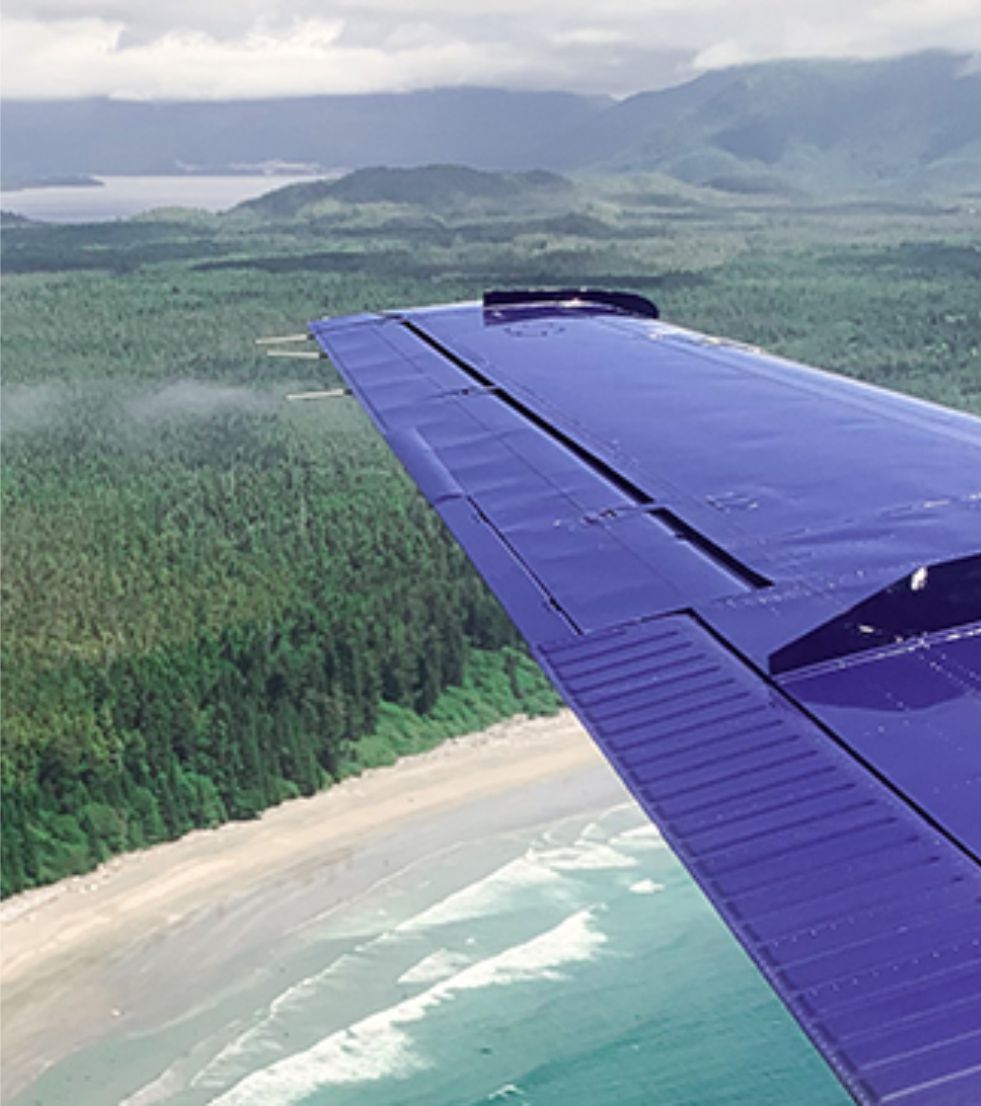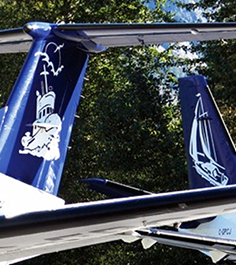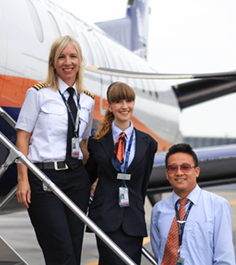This year, we sat down with Derek, our Base Supervisor at Penticton base, for a conversation on Truth and Reconciliation. Born in Edmonton, Alberta and currently residing in Okanagan, Penticton, Derek challenges the question of what it means to be Canadian. Coming from an African American and Cree Nation background on one side and Swedish and German on the other, Derek emphasizes the pride he has for his ancestors, trying to instill that confidence into his children, so they can embrace their identity as Canadian.
For Derek, identifying the real truth of Canadian history and reconciling with it is the most important part of being ‘Canadian.’ Join us in commemorating the survivors and the children who never returned home, as Derek shares what Truth and Reconciliation means to him and how we can do our part better.
What does Truth & Reconciliation mean to you personally?
To me personally, Truth & Reconciliation is ultimately about having the moral integrity to identify the truth of the original Indigenous people and culture that have made Canada their home for hundreds, maybe even thousands, of years. Being able to identify that reality as part of the truth and reconciling with it, is combined with being able to understand that we’ve been given a false narrative from the reality of the colonial system, that has been in place for the last couple hundred years in Canada. So, being able to do that, that’s part of truthfully identifying that this kind of colonial system has only been in place for a couple of hundred years. The culture of the Okanagan Syilx people, or Cree Nation, or just different cultures, is something that, in essence, we’re only starting to learn about right now.
How do you bring reconciliation into your everyday interactions with colleagues or the community?
I would say by just truly identifying that we are all different. We might all call ourselves Canadians or Okanagans, but being able to recognize every day that we all have differences – the way we speak, the way we look at even the sun for that matter. It’s also about having a feeling for nature, having a feeling for the animals, having a feeling for the other beings that are brought into our world, and being open to identifying that everything works together. I think that’s really what a lot of Indigenous Nations are teaching the young people now: not to forget about nature, the animals, and what each animal might bring. Tying this situation to a professional day, whether we’re working or not, let’s say we see an eagle fly by, take it in and allow that to not just be a coincidence, but something meaningful. Ultimately, it’s about taking in our surroundings and recognizing that everything makes us who we are. Life is life, whether professionally or socially, and we need to bring it all together to help us reconcile with ourselves as well.
How do you see Truth & Reconciliation being reflected at PCA?
I think one thing that I’ll recognize is how we service a lot of smaller communities, and a lot of these communities are really dependent on our services. Beyond that profit-chasing objective we have, there’s also the compassion to continue serving these smaller communities that depend on us, especially since many of them are bordered by reserve communities. With that, I really believe PCA cares about it. You can even see it with some of the art we display on our aircraft, and just in being able to connect and identify that by serving British Columbia, these smaller communities keep going. I have faith that it’s more than just profits. It’s a service we’re providing to help uplift these communities that might not otherwise have medical supplies or other day-to-day needs that we sometimes take for granted. With that combined, I think being able to provide these services helps with the longevity of their survival. Back when I was growing up in the 70s, a lot of people left the reserves, left the farms, and headed to the city because there weren’t any services. With us at PCA still being able to serve these smaller communities, I feel that’s a good way we’re doing our part.
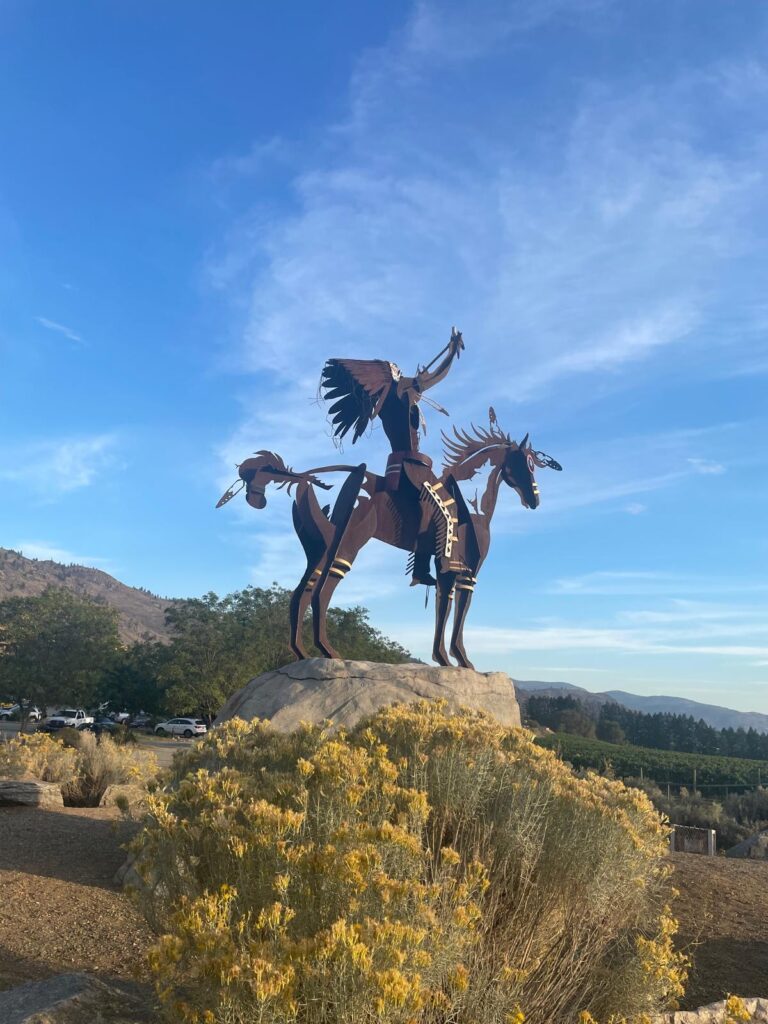
How can others get involved?
I think everyone should go to a powwow or to different festivals. A lot of times we might get caught up just wanting to go to Taylor Swift or other popular entertainers of the time. But open up and visit a festival, visit a powwow, or even visit a community center close by. In Osoyoos, we have the Indigenous Desert Cultural Centre where, twice a day, they offer different presentations. That kind of exposure helps people see what’s out there. I believe many people who go on a wine tour don’t even know about the Cultural Centre. So, it’s really about creating awareness for the people who come into our airport here.
Anything else you would like to share about Truth & Reconciliation?
I would really like to compliment and bring attention to the inspiration and advocacy of Indigenous voices, especially Chief Clarence Louie, who is the Osoyoos Indian Band Chief. He does many talks, including TED Talks, and he’s been invited to different reserves all around the world. He also flies quite regularly out of our airport here. Having had conversations with him personally, about his journey and his mandate to uplift the band, I’m really a big advocate of getting his name out there and sharing what he’s doing for the community.
If you visit, for example, the Penticton Indian Band, which is our closest one, and then compare it to the Osoyoos Indian Band, visiting them is like night and day. What Chief Louie has done with the Osoyoos band is incredible. He’s told anyone that wants to work, “You can work. Come see me either at the concrete building, at one of the wineries, or at any of the various businesses the band operates. Everyone’s invited. You want to work, let’s work.” Combined with that is the maintenance of culture and the instilling of pride.
I think for many years, leading up to when Truth and Reconciliation Day was officially recognized as a government holiday, there was a lot of pride that was lost in being Aboriginal. Many people wanted to, in essence, blend into the culture that was created just a couple hundred years ago. But Chief Louie is saying, “Keep your pride. We can do it.” He’s uplifting the people. So with that, I think that’s how I’d like to end — by saying, feel free to uplift your neighbour.


